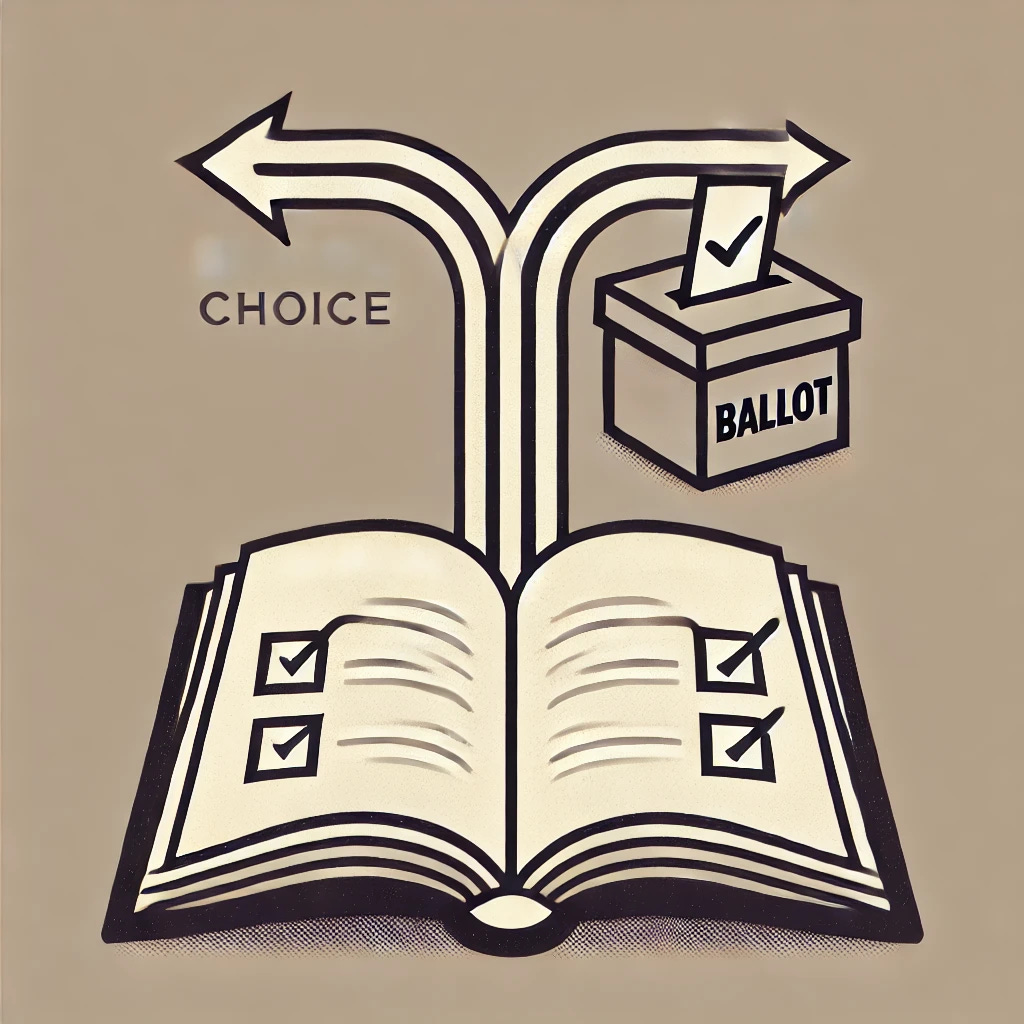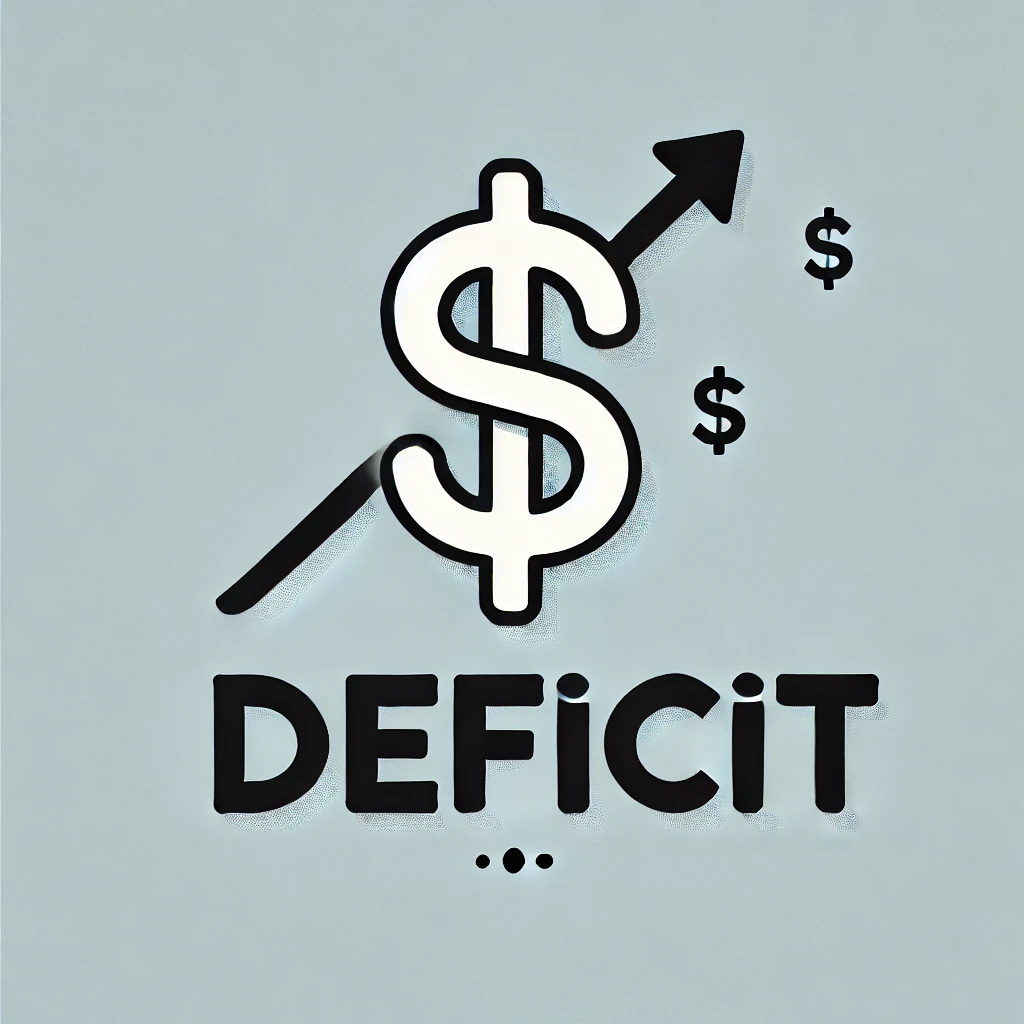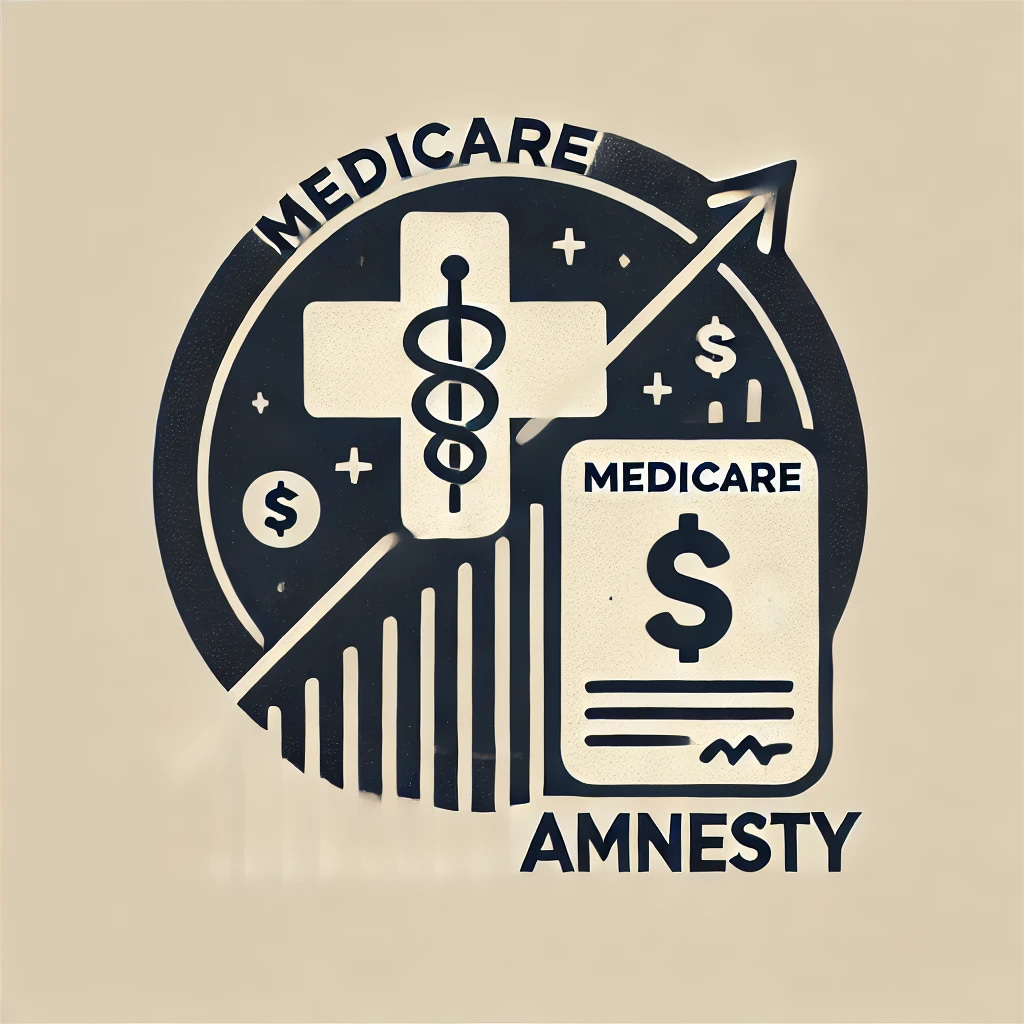300. Key Election Issues: School Choice, Illegal Immigration, and Inflation | This Week's Economy Ep. 82
Education, spending, Medicare, immigration, and inflation policies will shape America's future.
Hello Friends!
As election day approaches, critical issues like school choice, the federal deficit, Medicare, inflation, and financial data privacy dominate discussions. From the growing debate on school choice to alarming projections about our national debt, these policies will impact the economic well-being of Americans. Here’s a brief look at where things stand and what’s at stake. Watch the episode on YouTube below, listen to it on Apple Podcast or Spotify, and visit my website for more information.
1. SCHOOL CHOICE IN THE UPCOMING ELECTION
In the News: With election day fast approaching, school choice has become a major topic of debate. Presidential candidates are being asked where they stand on this crucial issue, while in Texas, Democrats aim to flip enough House seats to block school choice legislation. Sources: ABC News and Texas Tribune
My Take:
Universal School Choice is Essential: Research finds that when parents can choose the best educational setting for their children, educational outcomes improve, and public schools become more competitive. This can even result in higher pay for teachers.
Where the Candidates Stand: Trump supports Education Savings Accounts (ESAs), which allow parents to use up to $10,000 for alternative education or homeschooling. The Democratic platform opposes taxpayer-funded school vouchers, but this should be left to the states, not the federal government.
Momentum in the States: Over 30 states, including Texas and Colorado, are pushing for school choice legislation, signaling a strong momentum for broader adoption in other states.
2. REPORT CLAIMS DEFICIT WILL INCREASE MORE UNDER TRUMP
In the News: A new report from the Committee for a Responsible Federal Budget suggests that while a Harris presidency would add $3.5 trillion to the federal debt over 10 years, a Trump presidency could add between $7.5 to $15.2 trillion. Source: Associated Press
My Take:
Both Candidates Ignore Spending: Trump and Harris propose tax exemptions and credits that add to the deficit—exemptions for Social Security income, tips, or homeownership incentives. Trump’s tariffs on imports also pose a risk to economic stability.
Tax Cuts Fuel Growth: Extending the 2017 Tax Cuts and Jobs Act and reducing corporate taxes would support economic growth, foster innovation, and ultimately help Americans prosper.
POTUS Must Get Serious on Spending: Addressing the deficit should be a priority for the next president. Both candidates have largely sidestepped this issue, but tackling it head-on is essential for long-term economic health.
3. COST OF AMNESTY & MEDICARE FOR ALL
In the News: My new study published at the Tholos Foundation estimates that Vice President Kamala Harris’s "Medicare for All" proposal, which includes coverage for illegal immigrants, would add $2 trillion in costs, raising concerns about the program's sustainability as Medicare faces insolvency by 2036. Source: Tholos Foundation
Rising National Debt & Illegal Immigration: The national debt has surpassed $35 trillion, driven by the impending insolvency of programs like Medicare and Social Security. Adding to the strain is a sharp increase in illegal immigration, with 11-12.5 million migrants not directly contributing to Medicare and not eligible for benefits.
Increased Taxes: Taxpayers would be responsible for the additional costs of amnesty. Harris’s Medicare for All plan would increase taxes by $14.3 trillion over the next decade, roughly $26,000 per household per year. This would pay for a fraction of single-payer healthcare's $44 trillion cost.
Solutions: The U.S. can preserve its economic future while maintaining necessary social services by passing sustainable budgets, moving to block grants to states for social programs, and passing market-based visa auctions.
4. CFPB FINALIZES SECTION 1033 ON DATA-SHARING
In the News: In October 2023, the CFPB released a proposed rule under Section 1033, focusing on financial data and data-sharing practices. The final rule is expected later this month or next. Sources: CFPB and Pymnts.com
Section 1033’s Aim: The rule mandates that financial institutions provide consumer transaction and account data to consumers and their authorized third parties, such as fintech companies or other service providers. This would allow consumers to switch to institutions offering better services or rates more easily without facing obstacles in accessing their data.
Privacy and Security Concerns: Implementation raises significant privacy and security concerns. A primary issue is a lack of oversight for non-bank third-party entities accessing this sensitive financial data. These entities, unlike banks, operate under less rigorous standards, increasing the risk of fraud, data misuse, or breaches.
Solutions and Safeguards: While the rule encourages innovation in financial services, regulatory restraint is essential to protect consumers. Instead of more government intervention, the focus should be on developing clear, enforceable standards that protect consumers while fostering healthy competition and innovation within the financial industry.
5. CPI INFLATION REMAINS A PROBLEM
In the News: Compared to early 2020, Americans now face more than 21% higher general price level. As election day approaches, this remains a key issue for voters. The recent CPI report showed headline inflation was up 2.4% year-over-year through September 2024, and core inflation, excluding food and energy, was up 3.3%. Average weekly earnings adjusted for inflation are down 3.4% since January 2021, when Biden-Harris took office. Sources: NBC News
Inflation Struggles: Americans feel the strain of persistent inflation, which will likely be a major motivator at the polls. The next president must tackle the root causes of this problem, not just offer temporary relief through tax exemptions and credits.
CPI Findings: The latest CPI report revealed the slowest annual increase since February 2021. Core CPI (which excludes food and energy) indicated underlying inflation would be sticking around for longer than some had expected. This highlights the ongoing economic challenges.
Addressing the Real Issues: To curb inflation, our leaders must address excessive government spending and the Federal Reserve’s $7 trillion bloated balance sheet. When the government overspends and runs deficits, the Federal Reserve prints more money to cover these costs by buying Treasury securities, reducing the dollar’s value and driving up prices. This cycle must be broken to improve economic conditions.
Thanks for joining me in this episode of "This Week's Economy." For more insights, visit vanceginn.com and get a paid subscription to my Substack newsletter at vanceginn.substack.com today so you receive these insights in your inbox. God bless you, and let people prosper.
Keep reading with a 7-day free trial
Subscribe to Let People Prosper to keep reading this post and get 7 days of free access to the full post archives.







